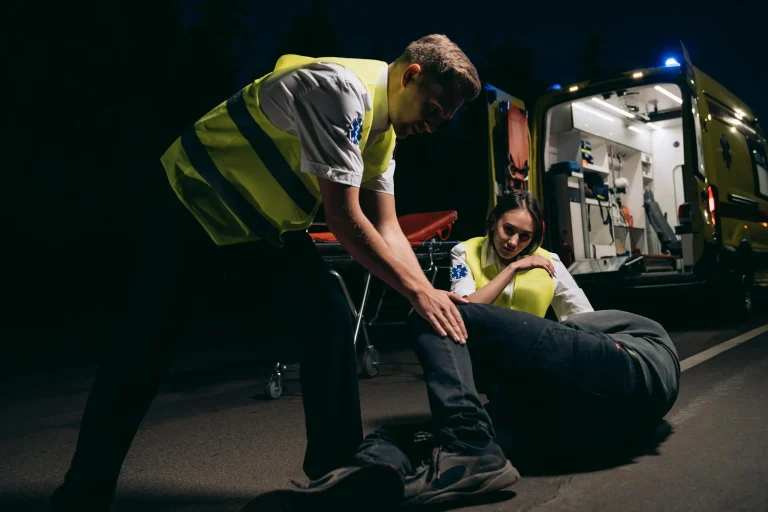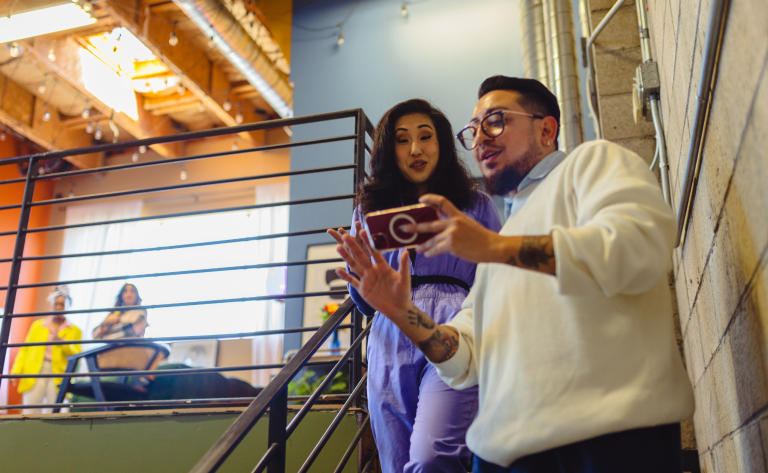The coronavirus will dominate our lives for the foreseeable future. But we now have sight of slightly less rigorous restrictions and business is going to have to slowly resuming as people find new ways to do what needs to be done. The sooner we adapt to doing things differently, the sooner our economy will recover.
At Mindworx one of our most successful adaptations has been conducting interviews via video conference. We’ve managed to fill several technical, scarce, specialist and executive level positions with ease over the past month. In the process, our clients have seen that there’s no reason to put hiring on ice, even at the highest level.
In fact, in many respects video interviews are more efficient and the process is usually faster. We find that it’s much easier to assemble all participants for meetings and panel interviews via video conference than it was when everyone was delayed by waiting for all participants to be available in the same place at the same time.
This is particularly important because, for many employers, hiring needs to continue to keep their businesses running. And there are jobs on offer at the moment, not least because the person a client thought they needed pre-lockdown is not the person they need now.
Whereas before a CFO may have been a fairly straightforward position, now a more creative approach is often required. The CFO’s job has become about more than managing the company’s finances. It’s about streamlining the business and finding innovative ways to support staff while helping the business recover. Companies need people who can build, rather than just steer.
Advice for employers – here’s what works for employing in the brave new world.
- C-suite positions that require full day panels and interviews with a variety of board members can still go ahead, but doing this in one day doesn’t really work via video. As we’ve all learnt, tech fatigue is real and sitting in one room and looking at one screen for hours on end doesn’t bring out the best in anybody. We recommend splitting board interviews over two or three days depending on how many people are involved, and ensuring proper breaks between each interview.
- The full range of formal assessment tools still applies – from cognitive to personality tests – but they need to be adapted for online use. Don’t make the mistake of foregoing them – they’re more important now than ever.
- Probing may feel slightly more invasive because you’re missing some of the normal social cues… but probe you must. We find the best way of doing this is with interactive role play which means that some of the deeper questions will need to be adapted for this format.
- When assessing leadership ability be aware that it is not the same post-lockdown as it was before. Leaders now have to display a very high level of comfort with technology and the ability to conduct relationships via screen, with only voice and limited body language and social cues to guide you during the interview process.
- Authenticity is everything now. As lockdown has progressed we’ve found that people are becoming more real about their feelings and we know that everyone has been through bad days when they struggle with how the world has changed. Senior level staff have to be really comfortable in their own skin to cope with this, enabling honesty and discussions about emotions and ensuring that no one is penalised for having a bad day. The best way to assess this during an interview is to invite just such a discussion. We’d be wary of a person who behaves as if lockdown were a breeze all the time – that’s not true for anybody.
Lorna Mangel is the Business Development Manager at Mindworx Consulting.
























